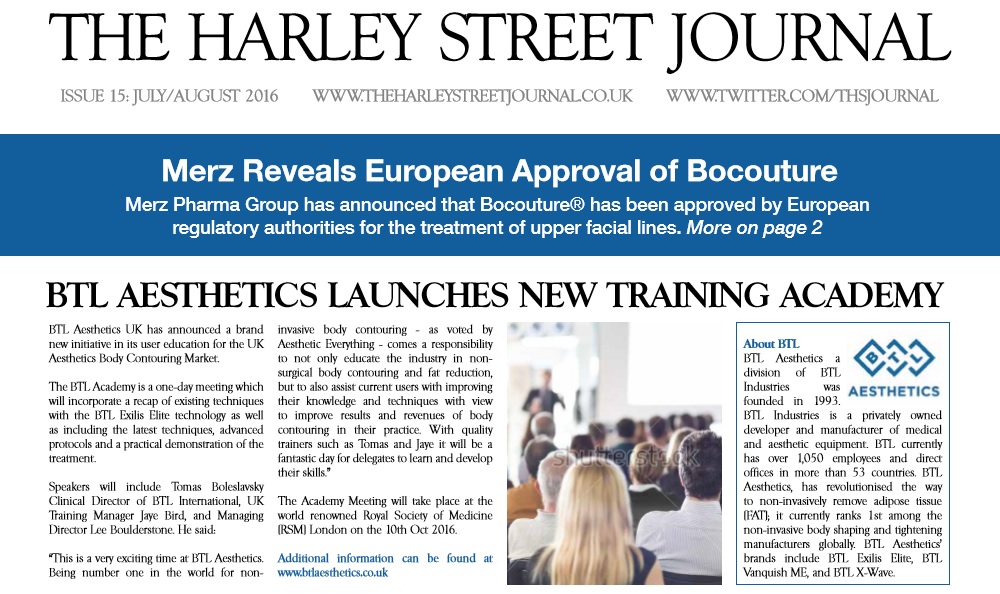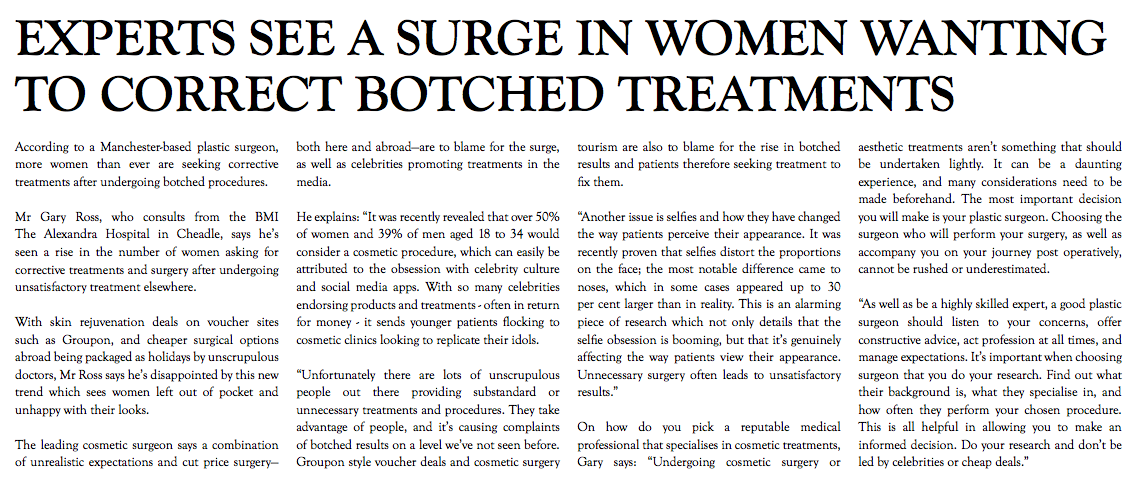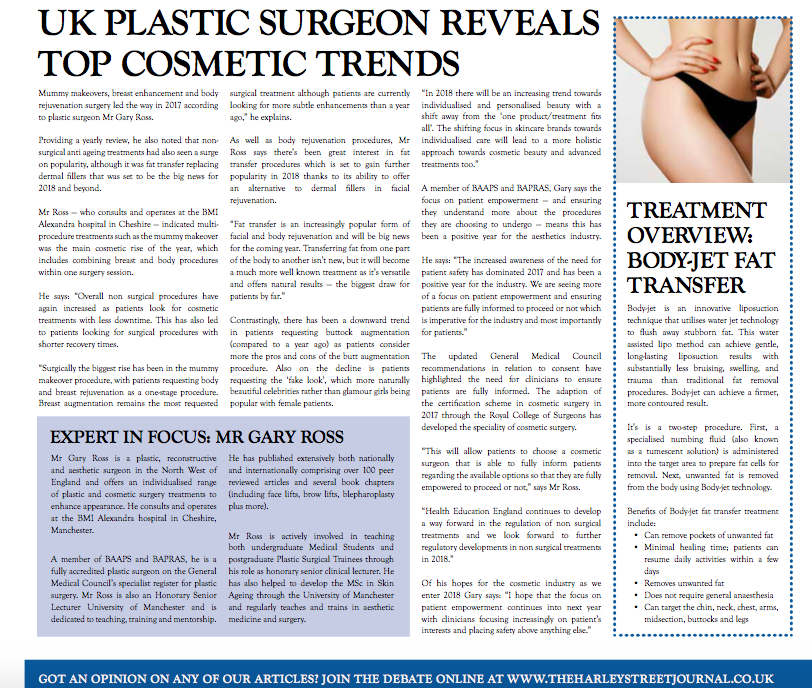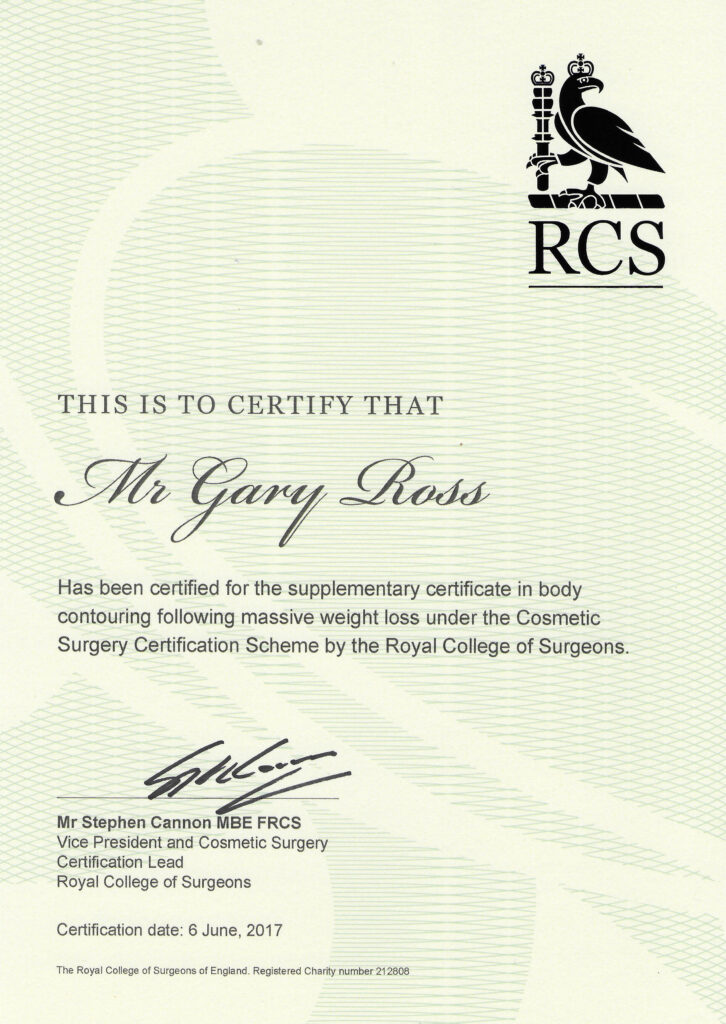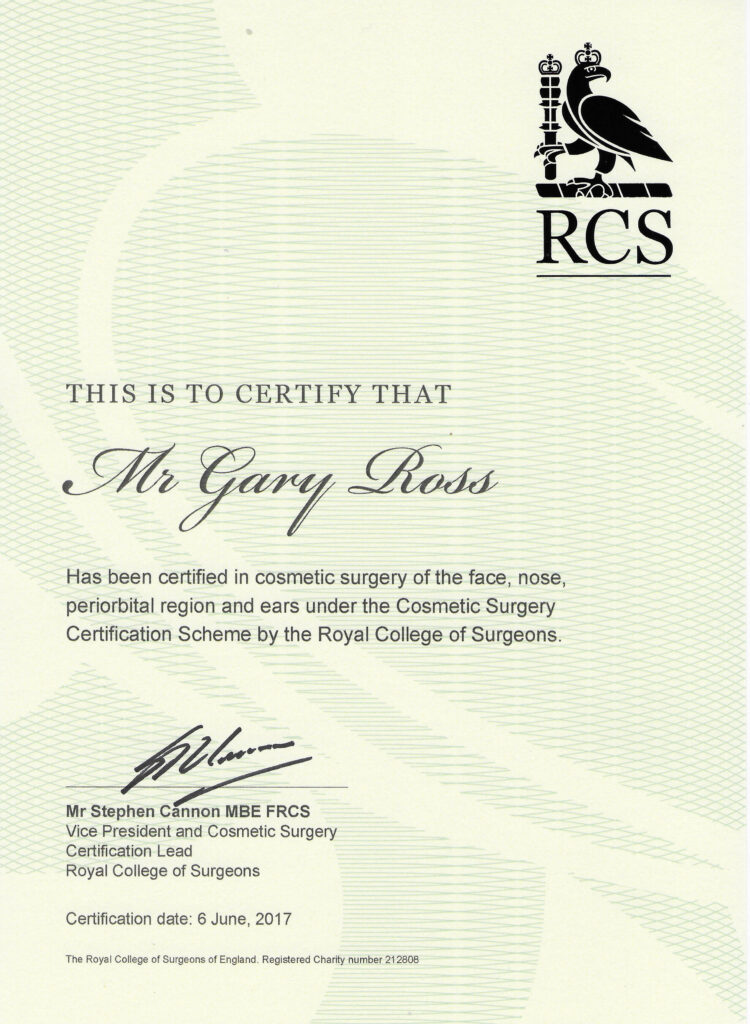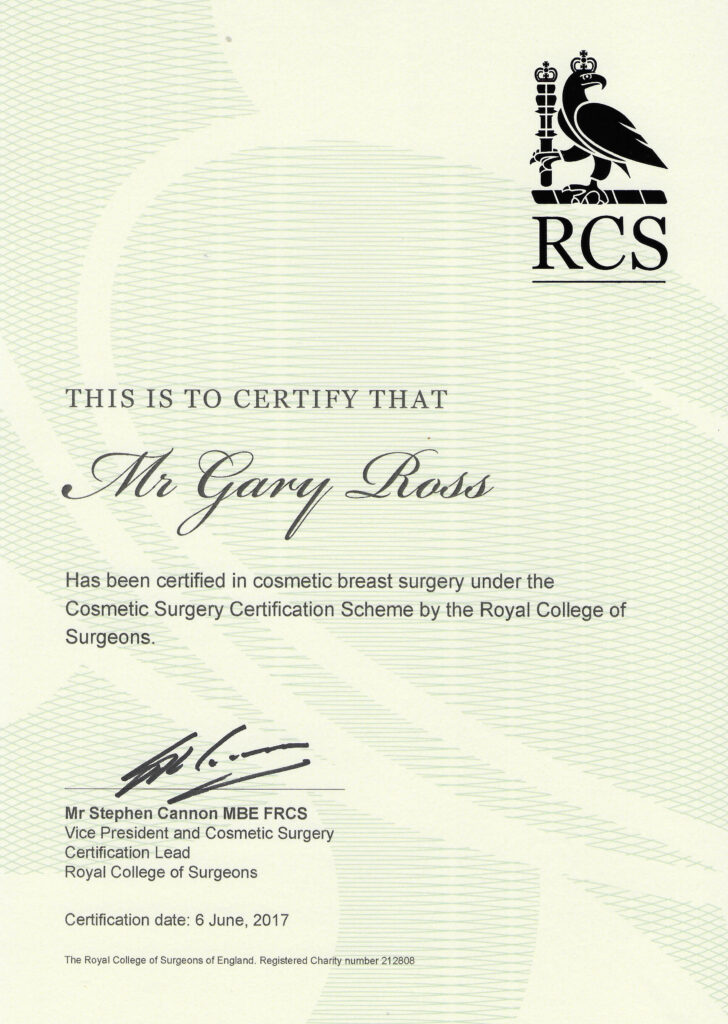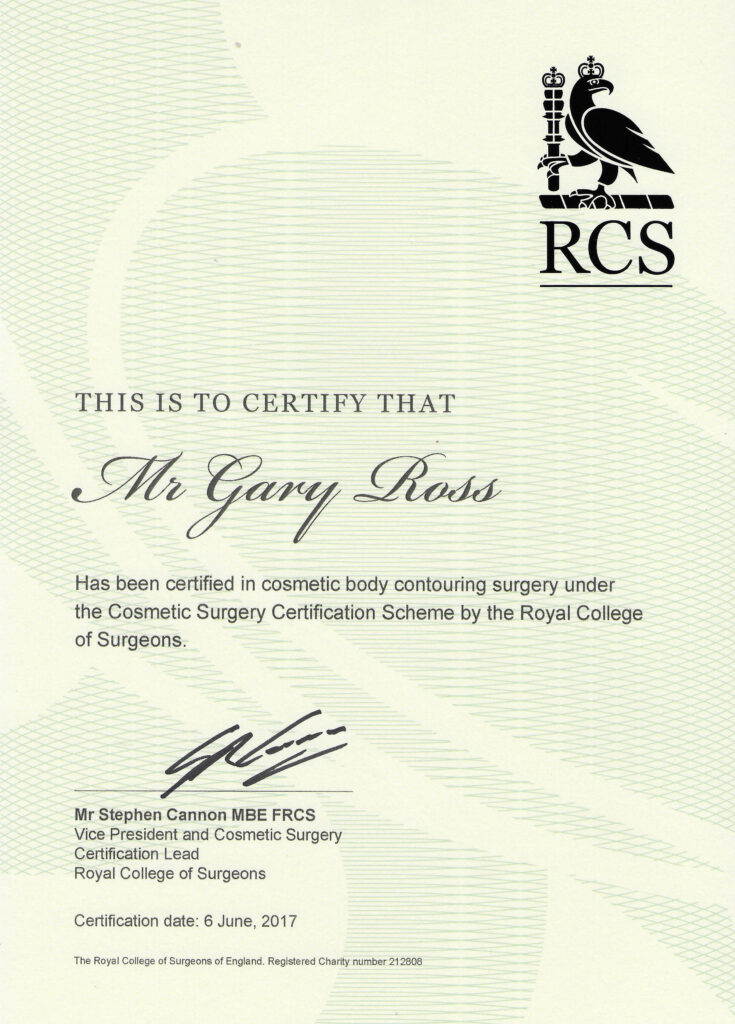A GRANDFATHER-of-four who lost skin from half his head through cancer has issued a warning over safety in the sun.
Alun Smith, 85, bravely shared pictures showing the extent of his basal cell carcinoma (BCC) which cost him a dinner-plate sized section of his head, as well as his left ear.
Alun, from Mold in North Wales, warned attitudes towards tanning were creating generations of people who may find themselves struck down with skin cancer in later life.
BCC is the commonest form of skin skin cancer. Although aggressive BCCs are rare, careful skin surveillance is required for them to be picked up early.
The most common cause of BCC is exposure to the sun.
Alun said that while he has always covered up while holidaying with his family, he neglected to wear a sun hat in his younger years.
The dad-of-two suspects exposure to the sun during his national service in Singapore 65 years ago may have been the root cause of the damage.
He said: “My doctors suspect I may have got it all that time ago but it lay dormant for many, many years.
“I don’t sunbathe, I’ve never done it. But when I was doing national service I would never bother with hats. As I got older I would always wear hats when we took the children on holiday, as that would encourage them to wear them.
“The thing is with skin cancer, you’re more vulnerable in your younger years.”
“If I saw a family on the beach now I would go and tell them. Young children are very, very susceptible and you should always cover them up.
“I don’t think the sun does you any good. You see tourists in Spain and they just don’t seem to realise the damage it can do. We’ve been indoctrinated to think tans look better. You see people on TV who have deep tans, and you just don’t need it.”
Alun’s ordeal started when he found a small lump on the side of his head, which he had inspected by a dermatologist.
He explained: “It started off as a little thing on the side of my face. No exaggerating, it was a quarter the size of my little fingernail.
“In lots of skin cancer cases you have a job seeing it. The dermatologist had two or three goes but discovered it was bigger than he first thought, and wasn’t able to get it all.
“After they cut it out they did a biopsy and found it was cancerous.”
Alun then underwent MOHS surgery, which involves taking out the cancer cells while trying to spare the healthy surrounding tissue.
Alun was then referred to Gary Ross, a specialist cosmetic and plastic surgeon based in Manchester.
Mr Ross put together a crack team of specialists to rid Alun of the cancer for good. If left, it threatened to spread into his nose, eye, and even deeper towards his brain.
Alun said: “The specialists sat me down and told me the bad news. They said the previous treatments hadn’t got it all and they wanted to take my left eye and my left ear.
“I told them I wasn’t bothered about my ear, but I was quite keen on my eye.
“I was surprised. All of this came from absolutely nothing.”
Businessman Alun underwent a lengthy procedure which involved moving tissue from his cheek and scalp in order to reconstruct the defect.
A large piece of skin was also taken from his thigh and placed onto the left side of his head.
The procedure was a complete success, with all traces of the cancerous cells removed. He now has a prosthetic ear which is held onto his head by two metal clips.
Alun said: “I can’t speak highly enough of Mr Ross. He saved my life, without a doubt.
“People always ask me what it’s like but quite honestly I forget about it most of the time. It doesn’t bother me at all.
“I don’t look in the mirror and think ‘Oh Christ, I need to go out and buy a wig’. I suppose I could shave the rest of my hair off, but it doesn’t bother me one bit. And other people don’t seem to notice, either.
“To look at me, you would never know my ear was prosthetic.
“It can make quite a talking point at dinner parties.”
Alun still regularly returns to the Christie Hospital in Manchester for check-ups, and to have any new skin lesions that appear on his face removed.
BCC usually appears as a small, shiny pink or pearly-white lump with a translucent or waxy appearance.
It can also look like a red, scaly patch and occasionally some brown or black pigment within the patch. The lump slowly gets bigger and may become crusty, bleed or develop into a painless ulcer.
My Ross, who works from BMI Alexandria in Cheadle and is an Honorary Senior Lecturer at the University of Manchester, said: “Incidence of skin cancer have been steadily growing over the past decade.
“This shows just how important it is to be well educated and aware of the dangers of exposure to the sun.
“Surgery is often the best way to treat skin cancer and in Alun’s case, a significant procedure was the only option.
“We combined oncological, reconstructive and aesthetic elements to do extensive work specifically tailored to Alun.
“Stories such as Alun’s are an inspiration to other patients. Combining flaps, grafts and prosthetics can often give back patients a great quality of life and replace what has been taken away.
“This case highlights the importance of utilising the skills of different surgeons from different disciplines to obtain the optimal outcomes.
“I’m really pleased Alun’s surgery was such a success and he continues to remain fit and healthy – even enjoying rounds on the golf course.”
Last month Mr Ross became the first plastic surgeon to be officially certified under a prestigious new scheme designed to boost patient safety.
He has been certified by the Royal College of Surgeons (RCS) professional standards system, which sets-out tough industry benchmarks to help provide quality assurances for any patients looking to undergo a cosmetic procedure.
Mr Ross has a specialist interest in skin cancer, skin oncology and reconstructive options to obtain the optimal results for patients.
